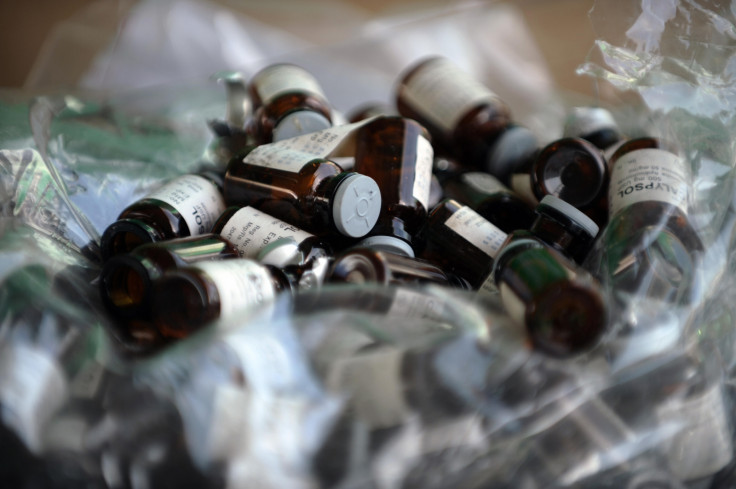Party drug ketamine set to become miracle anti-depression drug

The controversial party drug ketamine is moving closer to being developed as a drug to treat depression and suicidal behaviour.
The drug, used as an anaesthetic in animals and humans, is being looked at as a potential wonder drug for these conditions as it is more effective and faster working than current antidepressants.
A report in Nature magazine looks at the current research being done by pharmaceutical companies trying to harness the benefits of ketamine.
James Murrough, a psychiatrist at Mount Sinai Hospital in New York City, said: "It blew the doors off what we thought we knew about depression treatment."
Ketamine is a powerful anaesthetic that can cause loss of feeling and an experience of a distorted reality. Sensations can include the feeling of floating or the mind and body being detached. Effects normally only last a few hours. However, it can cause confusion, agitation and panic attacks.
Current antidepressants target serotonin or noradrenaline pathways in the brain. It is thought they increase chemicals in the brain called neurotransmitters, which can improve mood and emotion – but the process is not fully understood.
Ketamine, on the other hand, blocks the N-methyl-D-aspartate receptor – a signalling molecule – which is involved in memory and cognition. Until ketamine was studied, this pathway was not known to be involved in depression.
There have been no major breakthroughs in the development of drugs for depression for decades.
Thomas Insel, from the US National Institute of Mental Health (NIMH), said the excitement over ketamine's potential is palpable, showing the great need for new medications for depression. However, experts also warn that little is known of the long term effects of ketamine.
Short-term effects are promising though. A 2013 study showed that it reduced depression after just one day of treatment in 64% of the 73 patients studied – all of whom had tried three or more different antidepressants that had no effect.
Murrough, who led the study, is now imaging the brains of patients to try to establish how the drug works.
Results from a 386-person trial by Naurex last month showed the ketamine-like drug GLYX-13 treated depression in half of patients without any hallucinatory side effects. Another similar study by Roche on the drug Decoglurant is due to be released later this year.
Carlos Zarate from the NIMH found that ketamine's fast action means it can be used to treat people who have attempted suicide far quicker than anything that came before. The drug has been found to affect the desire to attempt suicide. Researchers plan to study how the drug works on suicidal people and begin clinical trials to find out how it affects the brain.
The Samaritans provides a free support service for those who need to talk to someone. They can be contacted through their website or on 08457 90 90 90, 24 hours a day, 365 days a year. Call charges apply.
© Copyright IBTimes 2025. All rights reserved.






















